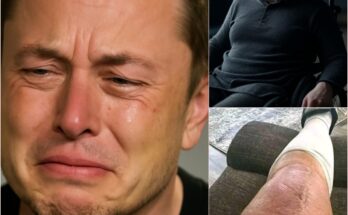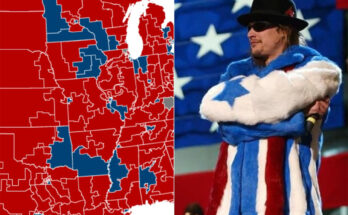
Elon Musk is widely recognized as a visionary entrepreneur, the driving force behind Tesla, SpaceX, Neuralink, and Starlink. However, in recent years, his influence has extended beyond the tech world into the geopolitical sphere. With his involvement in global communication systems, artificial intelligence, and defense-related technologies, many are questioning: **Is Elon Musk playing a role in reshaping the United States’ relationship with NATO? Could he be influencing a strategic shift that might weaken or even push the U.S. out of the alliance?**
Speculation has been fueled by Musk’s controversial statements, his close dealings with various governments, and his growing involvement in military technologies. As NATO faces new global challenges, the role of private entities like Musk’s enterprises is being scrutinized like never before. Let’s explore whether Elon Musk is truly pushing the U.S. toward a NATO exit—or if this is just another sensationalized theory.
## **Elon Musk’s Growing Influence in Defense and Global Affairs**

### **1. SpaceX and Starlink: Reshaping Military Communication**
One of Musk’s most significant contributions to global security is **Starlink**, a satellite-based internet service developed by SpaceX. Originally designed to provide global broadband coverage, Starlink quickly became a critical tool for military communication. During the Russia-Ukraine war, Starlink was deployed to help Ukraine maintain its internet infrastructure, demonstrating its potential as a **geopolitical weapon**.
However, Musk’s actions regarding Starlink have sparked controversy. He reportedly refused to allow Ukraine to use Starlink for offensive military operations, raising concerns about his **ability to dictate international conflicts based on personal decisions**. This has led to speculation that Musk may wield too much power over NATO-aligned nations.
Could a single private individual’s control over essential communication networks pose a security risk for NATO? Some analysts argue that Musk’s **close relationships with non-NATO nations, including China and Russia,** raise red flags about potential conflicts of interest.
### **2. Tesla and China: A Strategic Dilemma for NATO**
Elon Musk’s business empire is deeply intertwined with China, a country often viewed as NATO’s most significant long-term strategic rival. **Tesla’s Gigafactory in Shanghai** is a crucial part of Tesla’s global supply chain, and Musk has repeatedly praised China’s advancements in electric vehicle technology.
This close relationship has led to growing concerns among U.S. policymakers. **If Musk prioritizes Tesla’s business interests in China, could he influence U.S. foreign policy to maintain good relations with Beijing?**
– **The geopolitical question:** If China were to pressure Musk over Tesla’s operations, could he be swayed to advocate for a **weakened NATO stance** to ease U.S.-China tensions?
– **A conflict of interests:** Some critics argue that Musk’s financial dependence on China could lead to decisions that do not align with U.S. national security interests.
This raises the question: **Is Musk subtly advocating for a shift in U.S. military strategy that aligns more with China’s interests rather than NATO’s traditional priorities?**
### **3. Musk’s Opposition to NATO Expansion and Military Spending**
Musk has not been silent about his opinions on international politics. In several tweets and interviews, he has criticized **U.S. military spending and NATO’s role in global conflicts**.
#### **Notable instances where Musk’s views clashed with NATO interests:**
– He suggested that **Europe should take more responsibility for its own defense** rather than relying on the U.S.
– He expressed skepticism about NATO’s expansion, particularly regarding Ukraine’s potential membership.
– He advocated for **diplomatic solutions over military interventions**, even when NATO leaders pushed for a stronger stance.
While these views resonate with some who favor **reducing U.S. military commitments**, they also **align with narratives promoted by nations that seek to weaken NATO’s influence**. Some experts argue that Musk’s public criticism of NATO-related policies could subtly push the U.S. toward **a reduced role in the alliance**—if not an outright exit.
## **Could Musk’s Influence Actually Push the U.S. Out of NATO?**
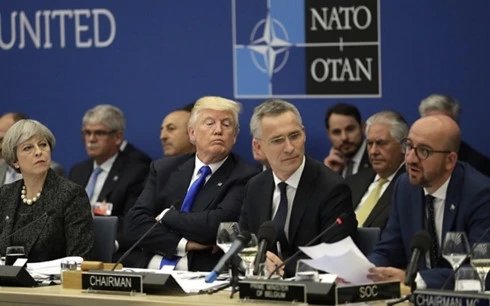
While Musk is undeniably a powerful figure, **he does not have the authority to remove the U.S. from NATO**. That decision lies with the President and Congress. However, his influence on public opinion, military technology, and political discourse should not be underestimated.
### **1. Political Influence and Public Perception**
Musk’s massive following on social media allows him to shape public opinion. If he **continuously questions NATO’s relevance**, he could indirectly influence voters and policymakers to reconsider U.S. commitments to the alliance.
– **The Twitter Effect:** Musk’s ability to shift narratives in real time makes him a major player in modern geopolitics.
– **Aligning with populist rhetoric:** Some politicians, particularly those advocating for an **”America First”** approach, might use Musk’s statements to justify reducing U.S. involvement in NATO.
### **2. Disrupting Traditional Military Structures**
Musk’s companies are challenging traditional defense systems with **private-sector solutions** that offer alternatives to NATO’s military technology. If Starlink, AI-powered defense systems, or autonomous weapons make NATO’s current infrastructure **less relevant**, it could shift **global defense strategies away from traditional alliances**.
## **Challenges and Counterarguments: Why the U.S. Won’t Leave NATO (Yet)**
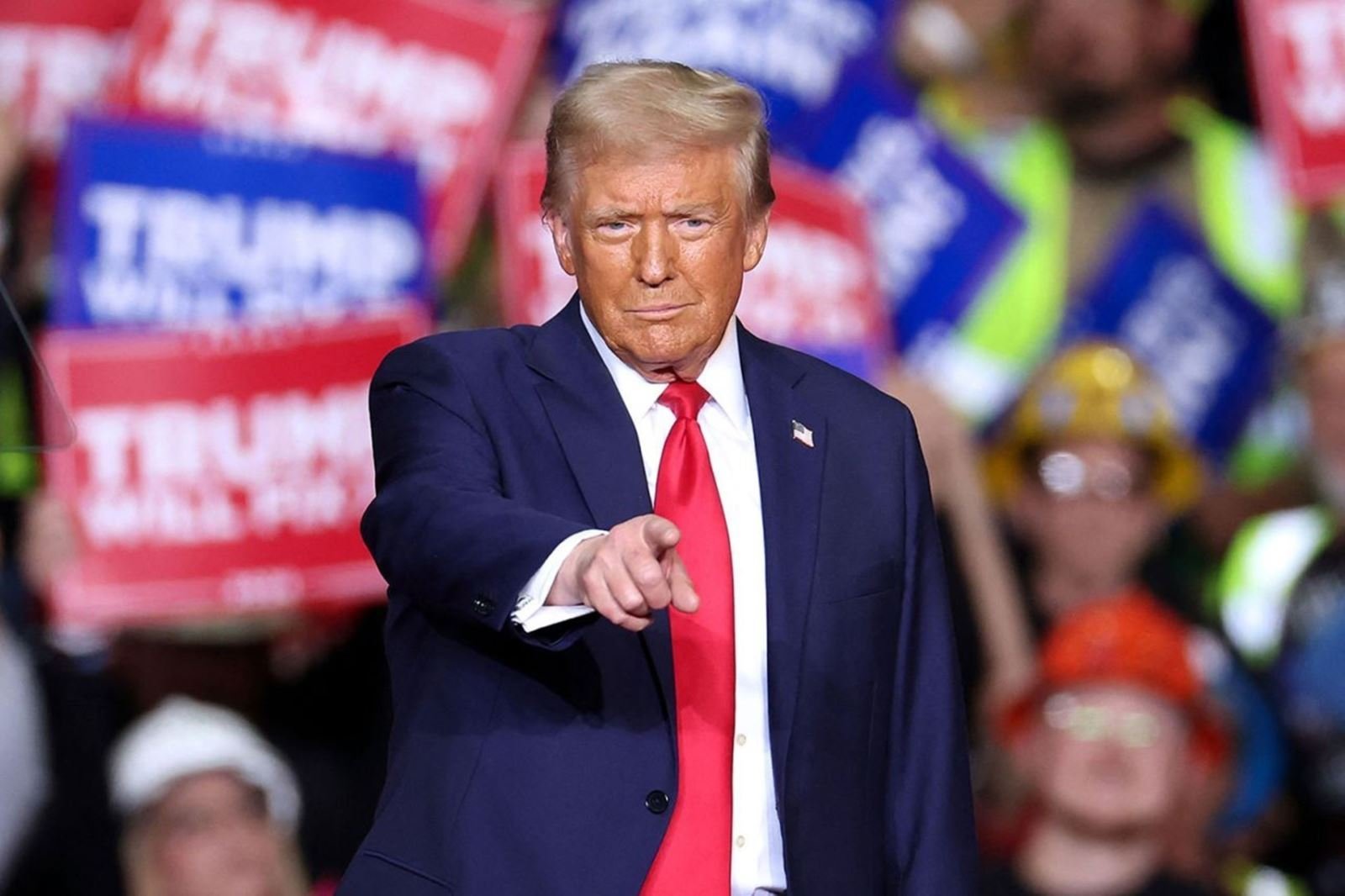
Despite the speculation, several factors indicate that the U.S. **is unlikely to leave NATO anytime soon**—even if Musk’s influence is growing.
### **1. Strong Institutional Ties**
– NATO is deeply embedded in U.S. military and diplomatic strategies.
– The alliance provides **strategic advantages** that no single country, not even the U.S., could achieve alone.
### **2. Bipartisan Political Support**
– Both Democratic and Republican leaders (with some exceptions) continue to support NATO.
– While there are **debates about NATO spending**, full withdrawal remains an extreme and unlikely scenario.
### **3. Economic and Security Interests**
– NATO secures U.S. military bases across Europe.
– The alliance strengthens American influence in global affairs.
Even if Musk were to **publicly advocate for reducing NATO’s role**, the structural foundations of the alliance make a full withdrawal extremely difficult.
## **Conclusion: A Tech Mogul’s Influence on Global Alliances**
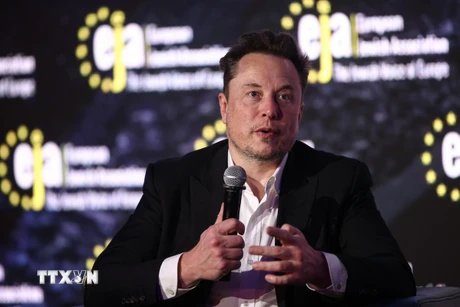
So, is **Elon Musk truly pushing the U.S. out of NATO?** The answer is **no—not directly**. However, his **growing involvement in military technology, global geopolitics, and alternative defense solutions** raises legitimate questions about his influence on U.S. foreign policy.
His **business ties with China, criticism of NATO, and ability to shape public opinion** make him a unique figure in modern geopolitics. While the **U.S. government ultimately decides its NATO stance**, Musk’s role in reshaping the global security landscape is undeniable.




